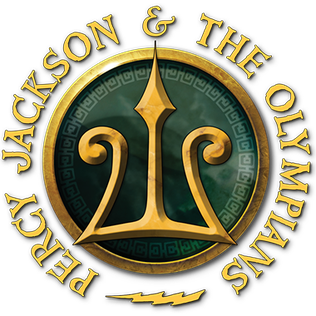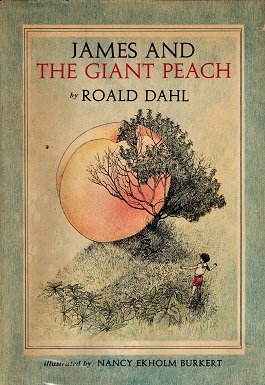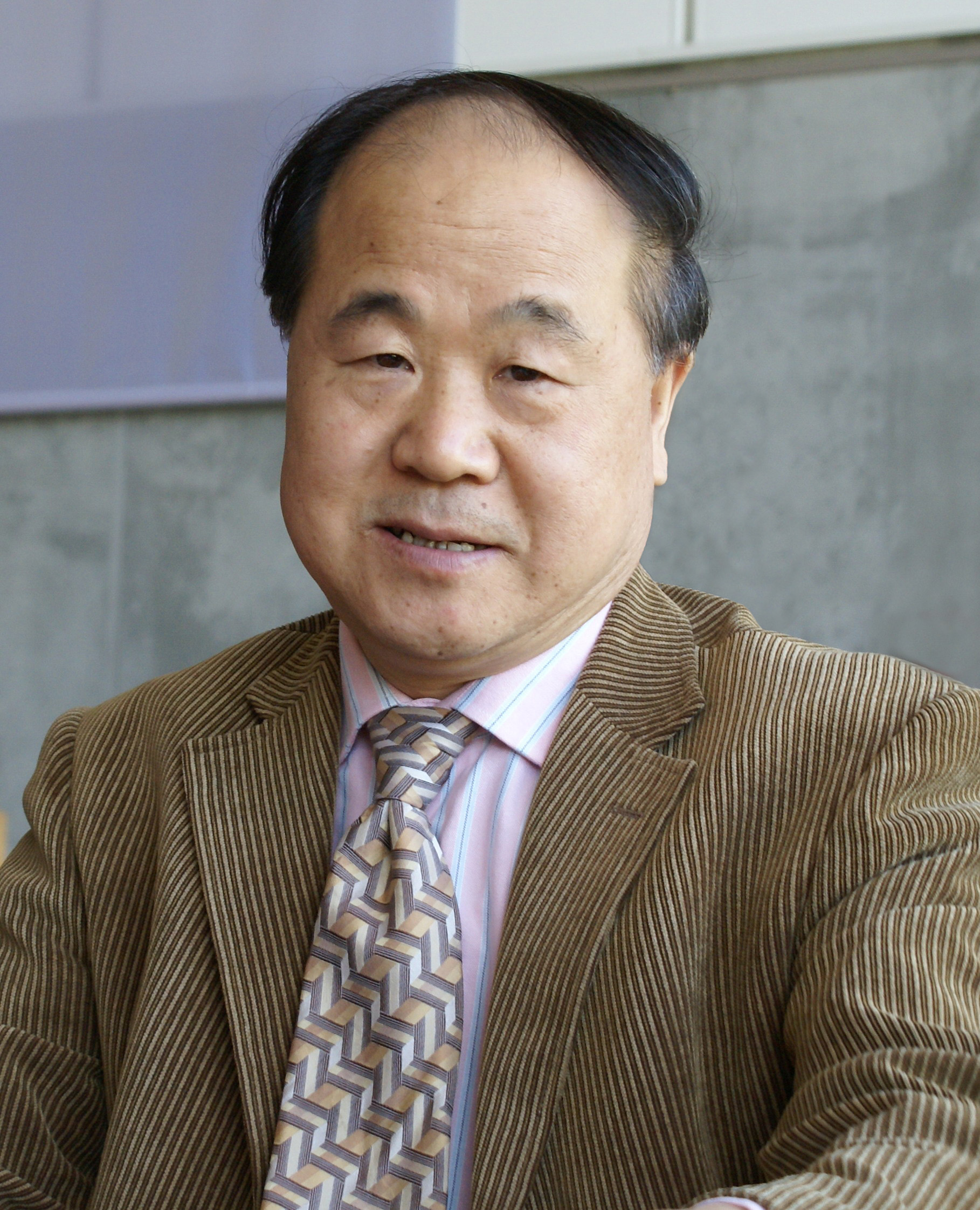Salvatore Quasimodo
Explore the timeline of Salvatore Quasimodo, the Italian poet and writer. From his birth in Modica in 1901 to his contributions to the Hermetic movement and his receipt of the Nobel Prize in Literature in 1959, discover the key events and milestones that defined Quasimodo's life and career.
Salvatore Quasimodo's Birth
Salvatore Quasimodo was born on August 20, 1901, in Modica, Sicily, Italy. He was the second of four children in a middle-class family. His early life was marked by the frequent relocations due to his father's job as a railroad stationmaster. These experiences and his Sicilian background profoundly influenced his poetry, which often reflected themes of displacement, nostalgia, and connection to the Sicilian landscape.
Publication of "Acque e terre"
In 1930, Salvatore Quasimodo published his first collection of poems, "Acque e terre" (Waters and Lands). This volume established him as a significant new voice in Italian literature. The poems in this collection are characterized by their lyrical nature, focus on natural landscapes, and exploration of existential themes. Quasimodo's work in this period was influenced by Hermeticism, and his style showed elements of symbolism and surrealism.
Publication of "Ed è subito sera"
Salvatore Quasimodo published "Ed è subito sera" (And Suddenly It's Evening) in 1942, a collection that includes one of his most famous poems of the same name. This collection represents a shift in Quasimodo's work, reflecting the tension and existential dread of the WWII era. With a minimalistic yet profound style, the poems capture the themes of death, loss, and the transient nature of life, earning him admiration from both critics and readers.
Awarded the Nobel Prize in Literature
Salvatore Quasimodo was awarded the Nobel Prize in Literature on October 22, 1959. The Swedish Academy recognized him for his "lyrical poetry, which with classical fire expresses the tragic experience of life in our own times." The Nobel Prize marked the pinnacle of Quasimodo's literary career, highlighting his contributions to literature and his role in the post-war Italian literary renaissance. His work was noted for its deep emotional resonance and technical mastery.
Publication of "Il falso e vero verde"
In 1960, Salvatore Quasimodo published "Il falso e vero verde" (The False and True Green), a poetry collection that continued his exploration of complex existential themes. This work delves into the contradictions of human existence and reflects Quasimodo's mastery of form and content. The poems provide a commentary on post-war societal issues, human despair, and the need for personal and collective introspection.
Salvatore Quasimodo's Death
Salvatore Quasimodo passed away on June 14, 1967, in Naples, Italy, following a cerebral hemorrhage. His death marked the end of an era in Italian poetry, as he had been one of the most influential poets of the 20th century. Quasimodo's legacy lives on through his groundbreaking work, which not only shaped modern Italian literature but also resonated with universal themes that continue to inspire readers worldwide.
Frequently asked questions about Salvatore Quasimodo
Discover commonly asked questions regarding Salvatore Quasimodo. If there are any questions we may have overlooked, please let us know.
Who was Salvatore Quasimodo?
What are some key events in Salvatore Quasimodo's life?
How did Salvatore Quasimodo influence the Hermeticism movement?
What was Salvatore Quasimodo's contribution to literature?
Related timelines
More timelines connected to Salvatore Quasimodo







